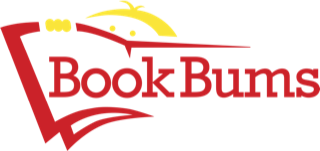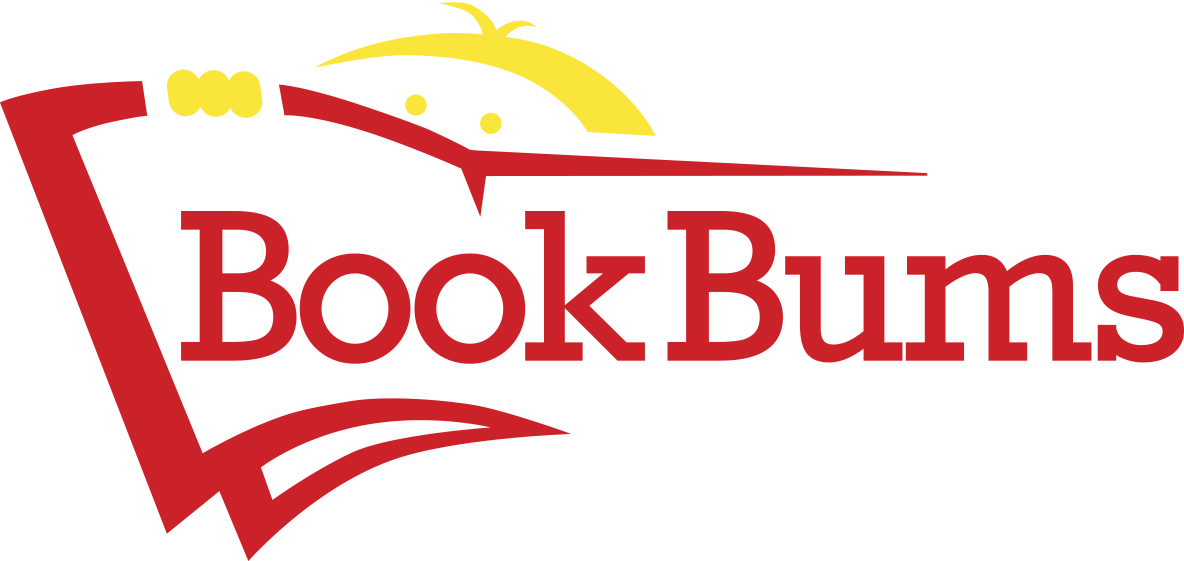
Hello Book Bums families!
There are all kinds of books in libraries and bookstores. While it's great to know what you like to read, challenge yourself to explore a new section or author. This week in the newsletter we are thinking about fiction and non-fiction, poetry, and enjoying being readers and writers.
Bookbums.com is an Amazon Associate; We earn from qualifying purchases. This means that if you click on a link to Amazon.com and make a purchase, We may earn a small commission at no extra cost to you. We do recommend the products. Feel free to find them by other means.
Word of the Week
onomatopoeia (on-ah-mot-ah-pee-ah) noun/person, place, or thing - the creation or use of a word that sounds like the thing it is talking about, like buzz or hiss.
In Mr. Brown Can Moo, Can You?, Dr. Seuss uses onomatopoeia to help the reader experience the sounds of the barnyard.
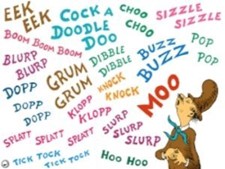
Literary Calendar
- April 12th is beloved author Beverly Cleary's birthday, now known as D.E.A.R. Day.
- D.E.A.R. stands for Drop Everything And Read!
- This is a great day to introduce your child to the Ramona books or the lovable Ralph S. Mouse.
From our Bookshelves
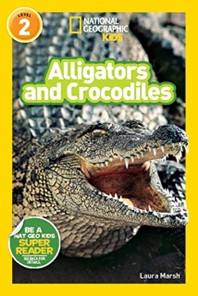
From Our Bookshelves
Here’s another fiction & nonfiction pairing for kids ages 4-8! If you’re heading to Florida this summer—or even just planning to visit your local zoo, these books might further enthuse your kids about the trip. Both books earn 4.8/5 stars on Amazon.
This National Geographic Kids book is packed with beautiful and engaging photos. Kids will learn all about these two reptiles—and find out what makes them different.
In Zack’s Alligator, written by Shirley Mozelle and illustrated by James Watts, Zack soaks his new alligator keychain in water, and it grows into a full-sized and fun-loving alligator. There are more books featuring these same fun characters that you child can read next.
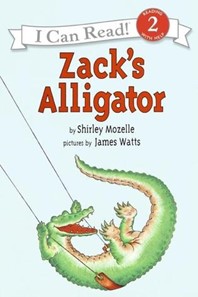
Tips for Raising Readers and Writers
I want you to know that I do not feel books should be leveled, and I certainly don’t feel that kids should be leveled. I do believe, however, that teachers should have a good idea about the complexities of the books in their classrooms. Teachers must be able to guide their students toward books that are of high interest but won’t be overly frustrating for them to read independently. It’s a high call.
I want to share with parents that Zack’s Alligator has been identified as a book that a second grader, by about mid-year, should find to be a good fit. No reading level is 100% correct, but this is a good benchmark book that just may be helpful to you if you’re trying to see how your kids are faring when it comes to their reading.
Having beginning, independent readers try to read Zack’s Alligator aloud to you might be a great way for you to determine whether your kids are reading at or near grade level expectations.
As a first-grade teacher, I wanted all my students to be able to read this book or one very similar to it by the end of the school year. If my students could read this book with prosody (a sufficient reading rate with good accuracy–while also attending to punctuation, changing voice with quotation marks, etc.) and with comprehension (providing an adequate summary regarding what happened in the story), I knew that they were reading at or above grade-level expectations.
Tips for Families
Research data have long made it clear. Reading incentives do not incentivize reading. The problem is that even if kids read lots of books for a short period of time in order to earn a reward, that bump in reading does not last.
First, we do not want reading to be framed as something kids must endure in order to earn something “good.”
Second, the problem is not just that what looks like positive effects of the rewards don’t last. The more significant problem is that the negative effects of rewards do last. You see, what those rewards do— with devastating effectiveness—is smother kids’ enthusiasm for this activity that they might otherwise enjoy.
Reading is rewarding when there is no reward for reading.
So, at Book Bums, when parents ask us what kind of summer programming we offer to incentivize reading over the break, we admit that we do not have a summer incentive. What we do have is LOTS of great books that our students are welcome to borrow every time they visit our tutoring center.
No levels. No prizes. No book or page counting. No slips of paper for parents to sign off on. None of it.
We DO host a handful of book-sharing events! Kids read books (any books of their choosing) and decide on a creative way to share with other kids about one of the books they’ve enjoyed so far. Some kids make posters, some dress up like a character, some write a poem or song or create some art they can share to promote their book, and most anything goes! The kids “take the stage,” one-by-one, and share about the book they’ve chosen, using their props to help convey a bit about the story or topic. Their goal is to tempt other kids to want to read that same book.
In case you’re local, we’ll share the days and times for our Book Share events in our summer newsletters. If you’re not local, consider creating your own Book Share event. The kids will love it!
Another idea to successfully incentivize reading is to host book clubs with your kids and their friends. We’ll share more about how to host a successful kids book club next week!
If you know someone who would benefit from our newsletter or tutoring at Book Bums, please share this email with them! Thank you.
Copyright © 2024 Book Bums, All rights reserved
Our mailing address is:
7967 Cincinnati-Dayton Road Suite L
West Chester, OH 45069
